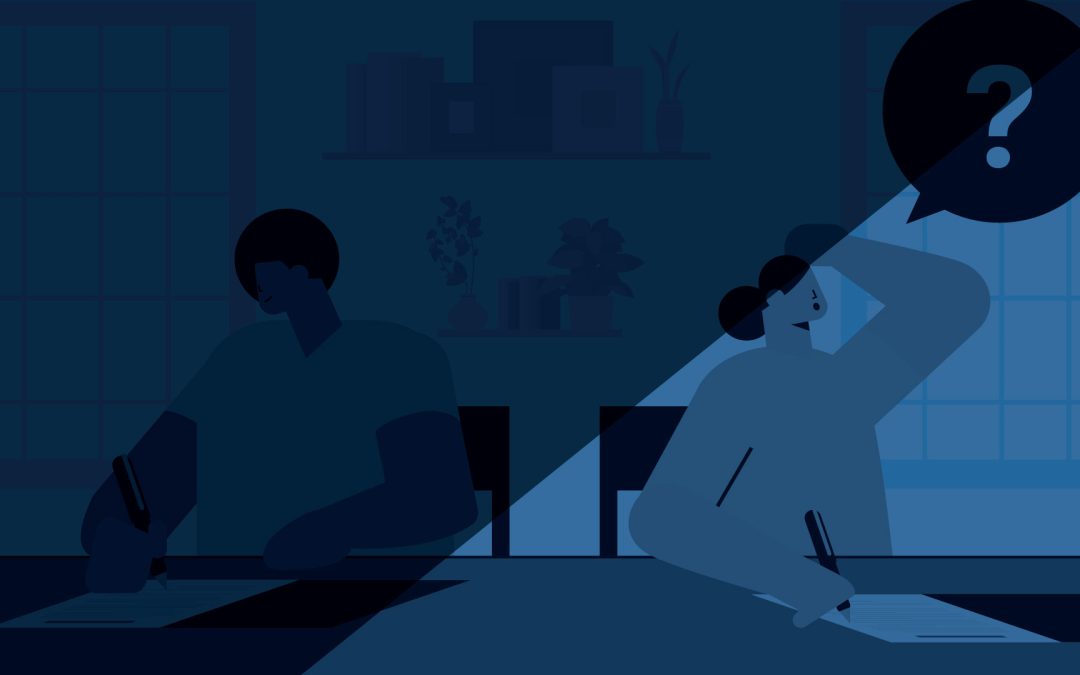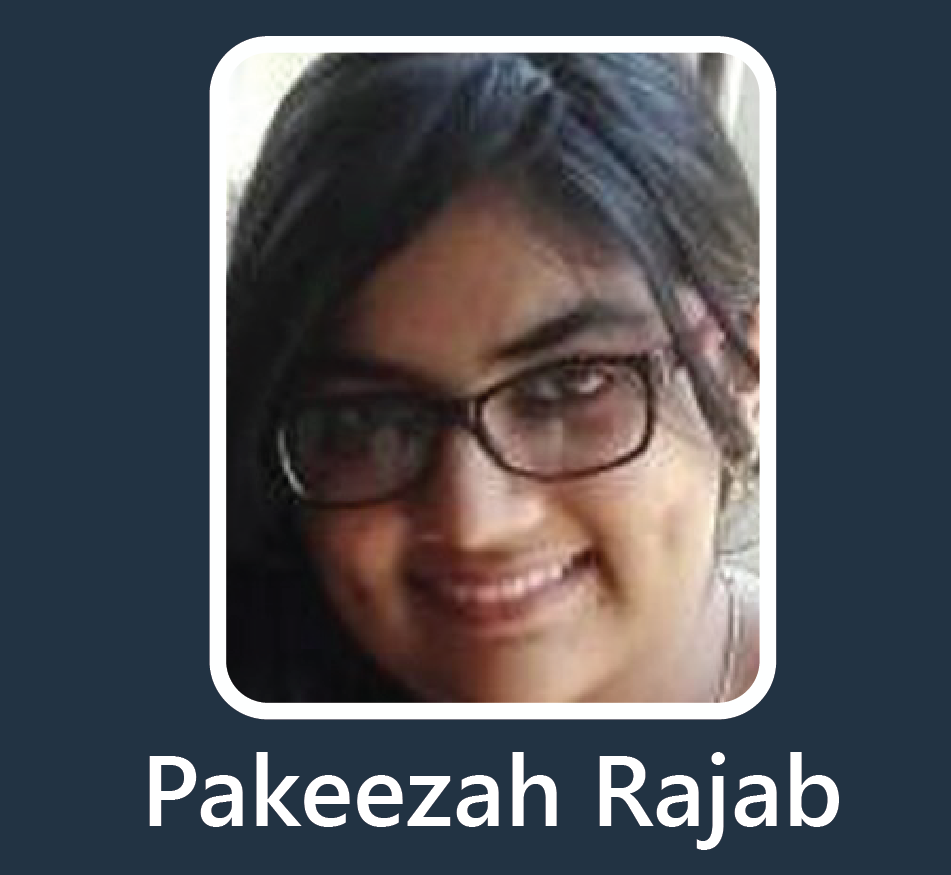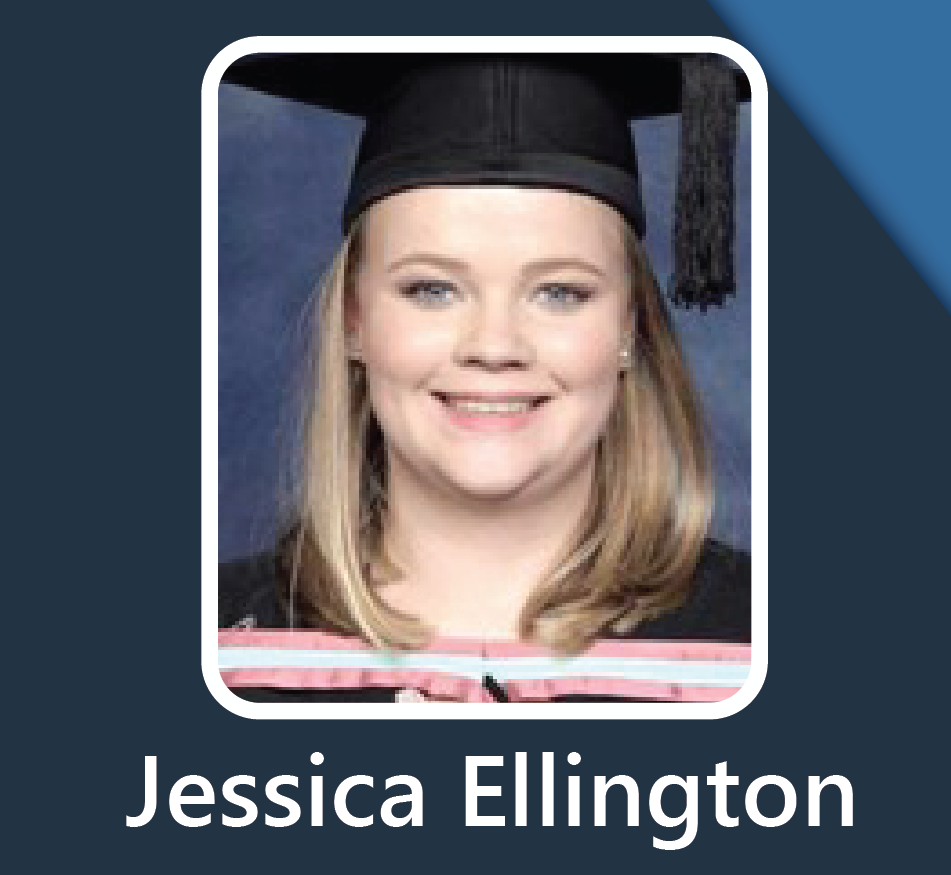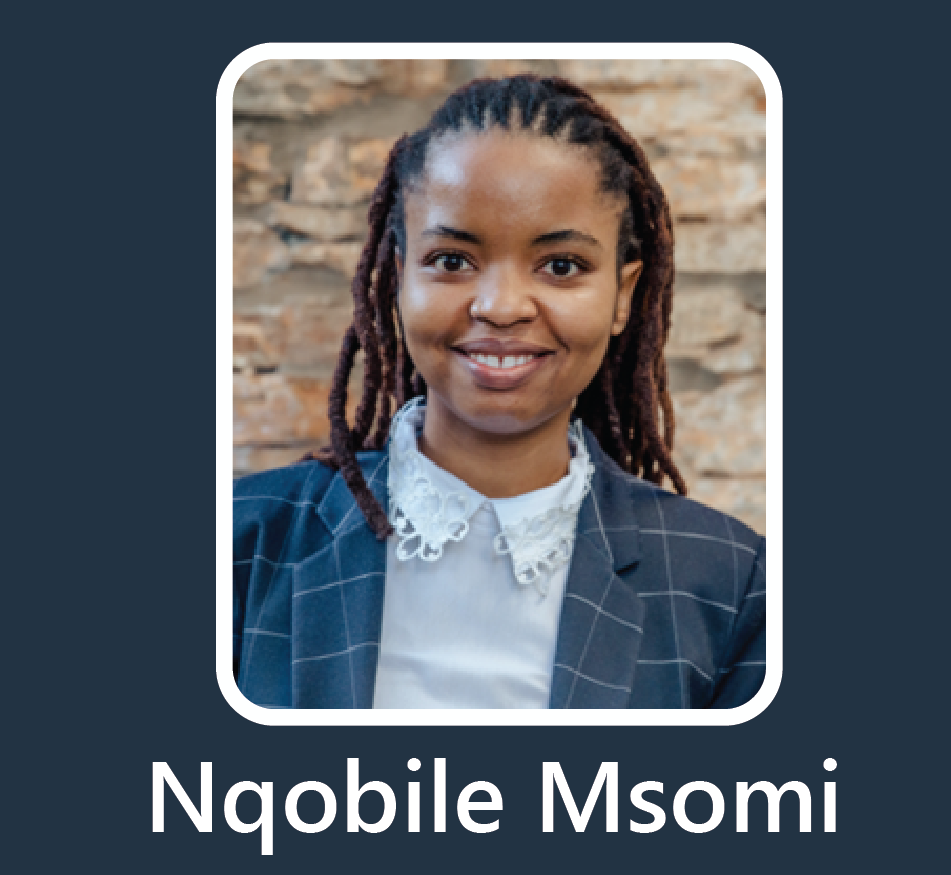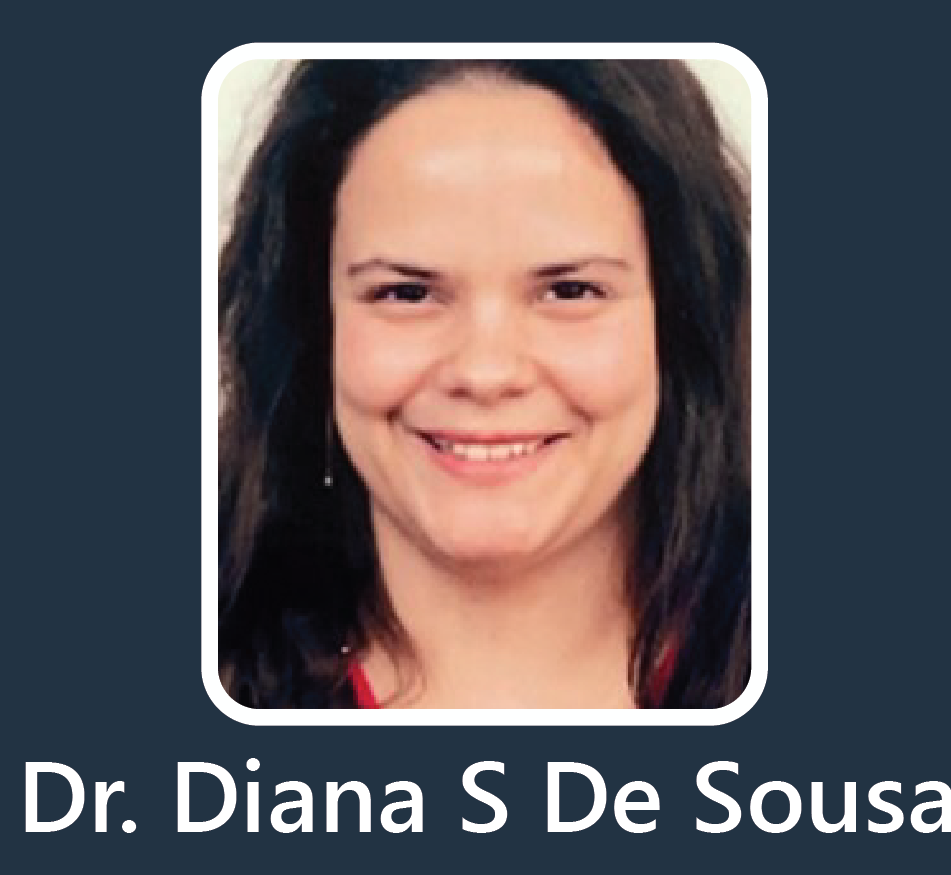
Divisional Webinar: Counselling Psychology in the Public ‘Health’ & Education Systems – Recording Out Now!
Divisional Webinar: Counselling Psychology in the Public ‘Health’ & Education Systems – Recording Out Now!

Did you miss our free webinar hosted with the South African Association of Counselling Psychology? Don’t worry, watch the recording now as we explore counselling psychology in the public health and Education systems!
Webinar Abstract
Counselling psychologists have been faced with numerous challenges over the past decade. The challenges appearing to emanate mostly from the scope of practice for psychologists first promulgated in 2011.
Although this scope of practice has now been withdrawn, the damage that it has caused to the practice of counselling psychologists, particularly to the legitimacy of their work with various populations, has remained until this day. Additional issues have arisen, more recently the issue of transverse registration which has been perceived as having the potential to negatively impact counselling psychology as a category. Ultimately the future of the work of counselling psychologists may be shaped by the forthcoming National Health Insurance (NHI). In this webinar we wish to expand on the ongoing conversations on the role of counselling psychologists in South Africa by looking at the work of counselling psychologists in the public health and education system. We attempt to explicate some of the challenges and opportunities that face counselling psychologists in public practice, to find ways to ensure the viability of the category.
PRESENTERS

Dr Ewald Crause
Panelist
Bio
Dr Ewald Crause is the Senior Psychologist and Provincial Programme Coordinator for School Psychological Services employed by the Western Cape Education Department. He has worked in public service in two sectors in South Africa (i.e., Education and Corrections) and recently returned from New Zealand, where he worked as a Service Manager for the Ministry of Education. During his time abroad, Dr Crause was nominated to be the chair for the Recruitment and Selection panel, managing the appointments of Psychologists across the four Auckland offices (i.e., an itinerant role). His work also included collaboration with psychology peers in establishing a forum to discuss induction programmes and training needs for newly appointed staff members. He has been a practitioner for 17 years.
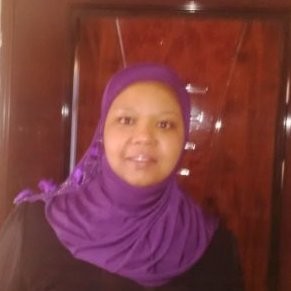
FEROZA (MOHAMED) KALDINE
Panelist
Bio
Feroza Kaldine has been practicing as a Counselling Psychologist for the past 19 years in several contexts including private practice, corporate, academia, non-governmental and the public sector.
She enjoys academia as well as the practical application of psychological theory and she is particularly interested in the relevance of psychological practice in societies such as South Africa, that are characterized social disparities, diversity, and multiple psycho-social challenges. In 2011 she received a Recognition Award from the University of Johannesburg’s Unit for Institutional Advancement for her Community Engagement work with Masters Psychology students in her capacity as lecturer. Feroza is currently in the full-time employ of the Gauteng Province Department of Health, Helen Joseph Academic hospital and joint appointee of WITS University, Department of Psychiatry. She is the Programme Coordinator for the Counselling Psychology Internship programme at Helen Joseph Hospital. In addition to providing psychological interventions for patients from diverse backgrounds and with a variety of presenting concerns (using an integrative therapeutic approach), she provides psychotherapy, psychometric and community psychology-based supervision to Intern Counselling Psychologists. She also manages the Psychology Programmes on the Helen Joseph Chronic Pain and Renal Units and serves on the multi-disciplinary teams of both Units. She is a member of Pain SA and Neuropsychology South Africa.

